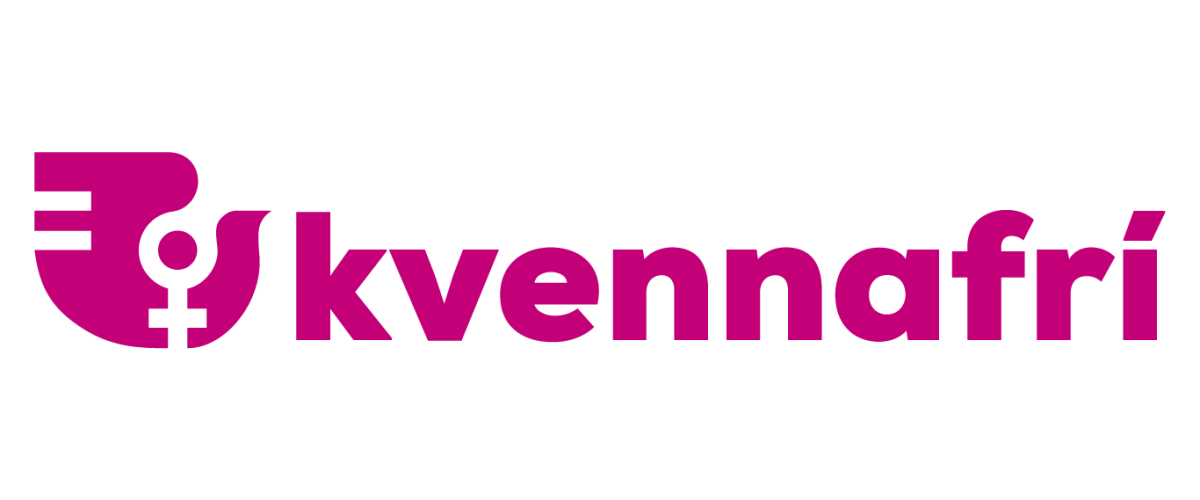In late October 2023, thousands of Icelandic women and non-binary individuals staged a day-long strike, known as “Kvennafrí” or “Women’s Day Off,” to protest unequal pay and gender-based violence. Even Iceland’s Prime Minister Katrín Jakobsdóttir joined the movement. Unions largely organised this strike!
The strike began at 2:38 PM, symbolizing the point in the workday when Icelandic women essentially stop earning compared to their male counterparts.
The strike was hugely successful and emphasized the significant role women play in Iceland’s economy. As a consequence of the strike, schools were closed, there were public transit was delayed, hospitals were understaffed, and hotel rooms were not attended to. The message rang clear, women do essential work and hold up the economy in significant ways, in their absence services we all rely on stop.
The strike entail walking off the job, but it also meant that women wouldn’t do any chores, to underscore the point of disproportionate hours women perform for unpaid work in households. This action aimed to address the persistent gender wage gap and carries significant relevance for Canadian women.
The Icelandic strike stems from a nationwide effort in 2021 against the gender wage gap and the demand for equal pay for equal work. Iceland has been at the forefront of gender equality, becoming the first country to mandate equal pay certification in 2018.
This required employers with 25 or more employees to prove that they pay their workers equally, regardless of gender. While the strike lasted just a few hours, it conveyed a powerful message: gender-based wage disparities are unacceptable.
In Canada, there has been a historical push for pay equity. It began with Manitoba’s legislation in 1986, followed by Ontario in 1987, Prince Edward Island in 1988, and New Brunswick and Nova Scotia in 1989. Quebec later implemented similar laws in 1996.
The Icelandic strike’s resonance with Canada is evident, as the country faces its own gender wage gap challenges. Statistics Canada data reveals that, on average, Canadian women earn approximately 87 cents for every dollar earned by men. This gap widens further for women from marginalized communities, highlighting the intersectionality of wage disparities.
Canada has made legislative strides toward pay equity. The Pay Equity Act, for instance, mandates equal pay for work of equal value in the federal public service. Nevertheless, there’s work to be done to ensure these principles extend across various industries.
The Icelandic strike serves as an inspiration for Canadian pay equity advocates, emphasizing the importance of collective action in addressing gender pay disparities. Canada introduced federal pay equity legislation in 2018, a significant step toward gender wage equality. The journey towards pay equity continues, with challenges in implementing and enforcing the legislation. However, the Icelandic strike underscores the ongoing need to push for gender wage equality, both in Canada and globally.
In summary, the Icelandic strike for pay equity acts as a potent reminder of the persistent fight for equal pay for equal work, a mission that Canada shares. The strike resonates with Canadians and highlights the necessity of continued efforts to close the gender wage gap in the country, and work of women in unpaid work, the day to day that makes our households and communities run.
The strike underscores the collective power of individuals demanding fairness and equity and shows that the fight for pay equity is a global movement, transcending borders and inspiring change worldwide. But, perhaps most inspiring is knowing that change is possible, but not without courage and bold action.



